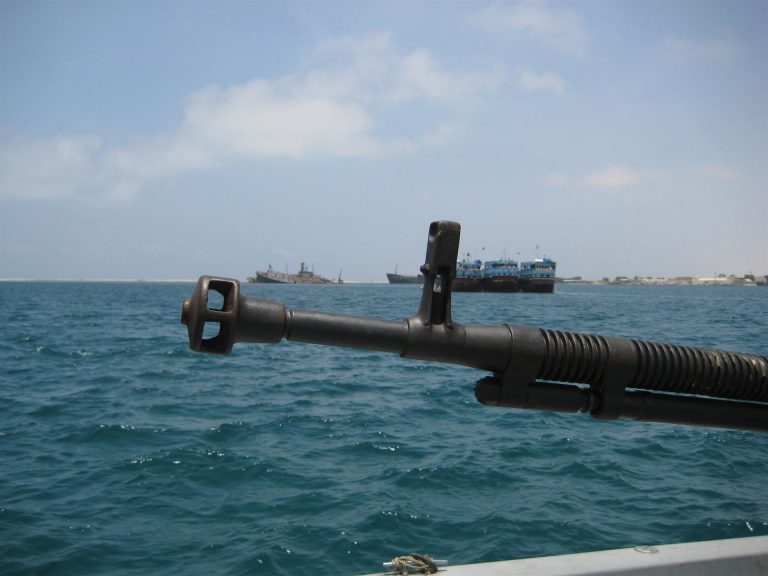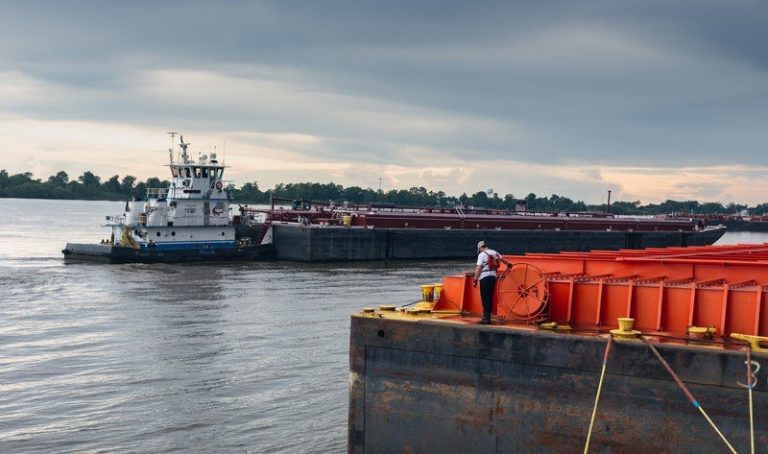Maritime law requires shipowners to pay maintenance and cure benefits to their workers injured on navigable waters. This ancient law of the sea provides a very basic level of protection, but how long do maintenance and cure benefits last?
Who Is Eligible for Maintenance and Cure Benefits?
In order to be eligible for maintenance and cure, a maritime worker must:
- Be injured in service of a vessel in navigable waters, regardless of who is at fault
- Be injured while performing their duties or within the scope of their employment
- Develop a disabling illness or medical condition, even if that illness is not caused by their employment
You are entitled to maintenance and cure even if your own actions caused your injury or illness. If the employer’s negligence was a factor in causing the injury, you may qualify for additional protections and greater compensation under the Merchant Marine Act of 1920, also known as the Jones Act.
How Is Maintenance Defined?
Maintenance in this context means the equivalent of room and board, which is provided to the worker while onboard the vessel. Shipowners often try to cap this amount to a low per diem amount but, technically, maintenance should cover:
- Rent or mortgage payments
- Necessary utilities like electricity, heat, and water
- Property taxes and homeowners insurance
- Food (groceries)
- Transportation to medical appointments
How Is Cure Defined?
Cure is defined as necessary medical care for the injury or illness, which includes:
- Emergency services
- Hospitalization
- Medication
- Surgery
- Physical therapy
- Office visits
- Necessary assistive equipment
How Long Is an Injured Seaman Eligible for Maintenance and Cure Benefits?
Based on maritime case law, the injured or ill maritime worker is eligible for these benefits only until they are “fit for duty” and can return to work or until they reach Maximum Medical Improvement.1 MMI is defined as the state of recovery where improvement has stabilized and further treatments are not expected to improve the injured person’s condition.2

Injured maritime workers should be aware that they have the right to choose their own doctor rather than let a company doctor determine when they have reached maximum medical improvement. Because MMI is the end point for maintenance and cure benefits, it can be very important not to sign away your rights to further compensation for disabling injuries or illnesses.
What Happens When You Reach Maximum Medical Improvement?
In other industries, when an injured worker reaches MMI they might receive a settlement under workers compensation if they are still disabled or have reduced earning potential as a result of their injury. This is not the case for maritime workers under maintenance and cure, where the shipowner’s duty to pay basic living expenses and medical care ends when you reach MMI.
Many people injured while working at sea might have long-term disabilities and expenses that far outweigh what maintenance and cure will cover. There are other maritime laws that may offer more protection for injured maritime industry workers who have sustained a life-changing injury or illness.
Do You Need a Lawyer to Receive Maintenance and Cure Benefits?
Maintenance and cure should be an automatic benefit that begins as soon as you are injured or fall ill while in service to a vessel and continues until you are able to return to work (or reach MMI). However, you should consider consulting with a Jones Act injury attorney as soon as possible to find out if you qualify for more than the basic coverage of maintenance and cure.

Scheduling a free consultation with an experienced maritime attorney might help you:
- Receive a higher rate of maintenance payments.
- Ensure all valid medical expenses are covered.
- Defend your right to choose your own doctor.
- Appeal a MMI decision when more medical treatment might help your condition.
- Hold accountable vessel owners who delay or refuse to pay maintenance and cure.
- Explore legal options under the Jones Act if negligence was a factor in your injury or illness.
If you have questions about your situation after being injured in the maritime industry, contact us today to preserve your legal rights to full compensation with a free consultation. If your injury resulted from an unsafe working environment, faulty equipment, or an unseaworthy vessel, you may be entitled to much more than basic living and medical expenses. In either case, the Maintenance and Cure team at Schechter, Shaffer & Harris have the experience needed to advise you on the best legal options for you and your family.
Sources:







